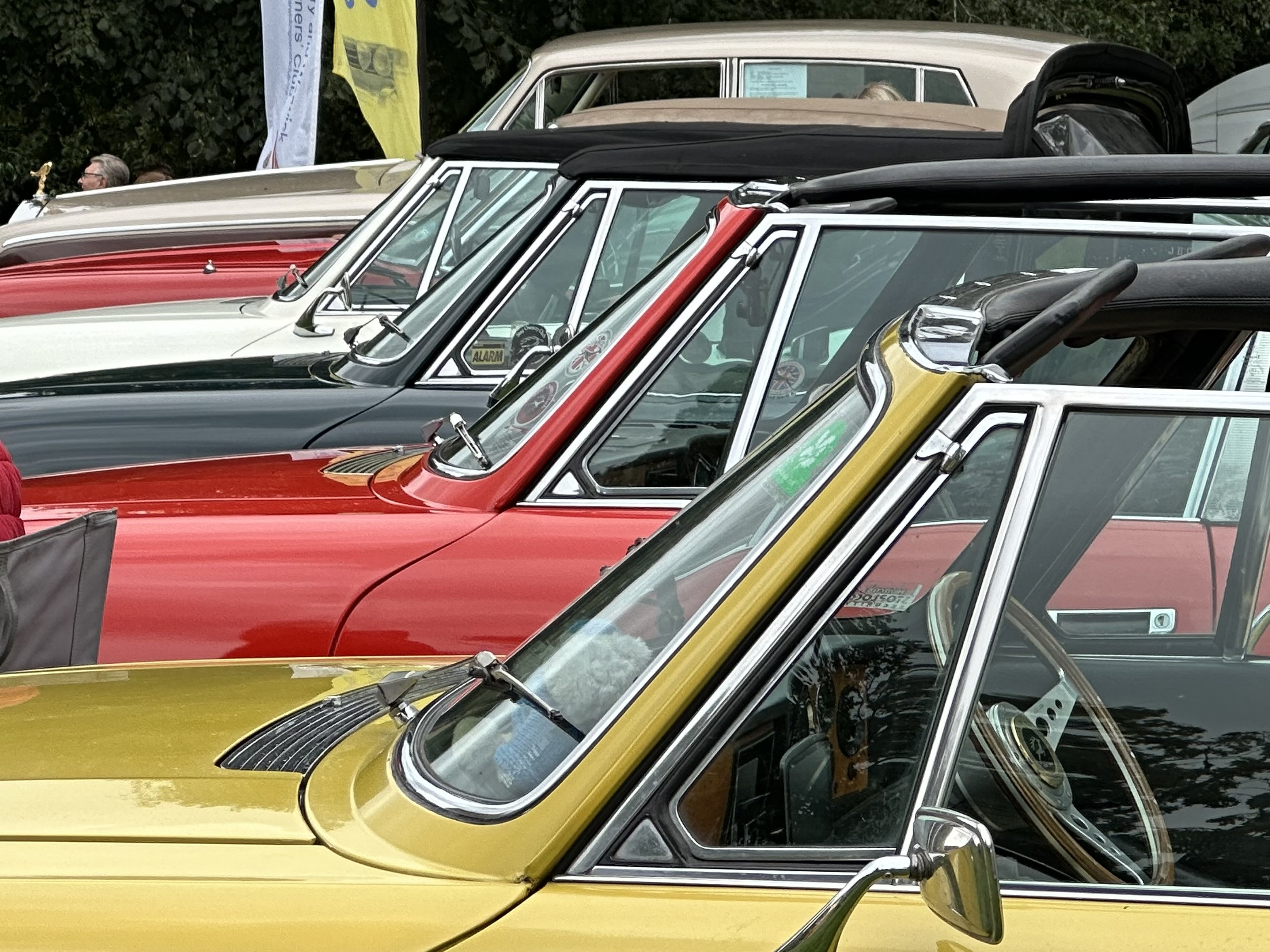Executive View: A great betrayal of the UK auto industry
AM’s regular columnist Professor Jim Saker, emeritus professor at Loughborough University’s business school and president of the Institute of the Motor Industry, accuses the UK Government of being “in denial” of its EV policy’s opening the floodgates to cheap Chinese imports that risk the collapse of the UK’s favourite car brands.
Over the past few years, I have spent a lot of time speaking and writing attempting to warn about what I thought was the inevitable consequence of Brexit combined with the Government’s predisposition for a 2030 cut off on new ICE vehicles.
China has spent the last ten years since its enormous ‘Belt and Road Initiative’ started investing in over 150 countries with an aim of building up a connected link of trading partners who would become dependent on China for their economic growth.
The problem was that no one seemed to link that global initiative with the UK automotive retail sector. Well, it is now coming home to roost.
Perhaps the most significant piece of research that has been done this year relevant to China is the recent study undertaken by APD Global and published by AM-online on June 6. Its headline stated that ‘Half of dealers think Chinese EV’s will force traditional brands to fold.’
Although the research used a relatively small sample the underpinning narrative produced from the data is very powerful.
As I have said in previous articles China controls 95% of the worlds battery supply and has both significant ownership of much of the raw materials needed for the existing battery technology. With the battery being the most significant cost in most EVs the Chinese car manufacturers will be able to undercut all the existing car manufacturers.
With the UK Government still sticking to its EV mandate of 2030 a full five years before the EU it will give the Chinese manufacturers the opportunity to swamp the UK markets with cheap EVs offering the spectre, as the research suggests, of traditional brands folding.
There is the obvious scenario they simply withdraw from the UK. Although this is unlikely in the EU with especially the French, German and Italian Governments defending their own car manufacturers.
Stellantis, Ford and others are in negotiation with the UK Government over the Brexit deal which again places a further disadvantage on anyone making vehicles in this country. Brexit or even its badly negotiated exit agreement is driving senior managers to rethink their role in the UK.
At the moment the Government is having to incentivise manufacturers to stay.
The announcement that they will give £500mill for Tata the owners of JLR to build a £1bill giga factory to Somerset tied to a further £300mill for the decarbonisation of their steel works at Port Talbot.
The problem is that although the taxpayer is funding 50% of the plant’s build the batteries produced will still not compete with the Chinese ones as the UK has few of the critical minerals and will have to pay tariffs to import them.
At the moment the Government is in denial about the implications of their policy. By failing to face up to it they are in effect betraying the UK car industry and giving our market to Beijing.

